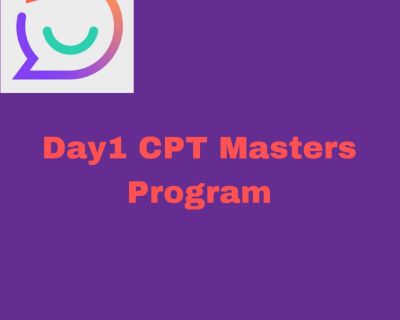1. Understanding the F-1 Visa
1.1 What is the F-1 Visa?
The F-1 visa is a non-immigrant student visa that allows foreign nationals to pursue academic studies or language-training programs in the United States. Here’s what you need to know:
- Definition and Purpose: The F-1 visa enables students to enter the US to attend a recognized school, university, or accredited academic institution.
- Eligibility Requirements: Applicants must demonstrate enrollment in a full-time course of study, proficiency in English, financial support for tuition and living expenses, and intent to return to their home country after studies.
1.2 Importance of the F-1 Visa
The F-1 visa plays a pivotal role in the world’s education ecosystem:
- Role in International Education: It’s a gateway for students to access top-notch educational opportunities, fostering cultural exchange and enhancing global understanding.
- Contributions to US Academia and Economy: International students contribute billions to the US economy, support innovation, and enrich campus diversity, bringing in unique perspectives and talent.
2. Recent Policy Changes Affecting F-1 Visa Holders
2.1 Overview of Key Policy Changes
Recent policy shifts have introduced several challenges for F-1 visa holders:
- Summary of Recent Amendments and Regulations: Adjustments in policies have aimed at tightening immigration processes, impacting how F-1 visas are granted and maintained.
2.2 Impact on Visa Application Process
Policy changes have directly affected the visa application process:
- Changes in Application Requirements: Visa applications now require more thorough documentation, including financial and academic proof.
- Delays and Backlogs in Visa Processing: With increased scrutiny and administrative changes, many students report longer processing times, leading to anxiety and uncertainty.
2.3 Impact on Current F-1 Visa Holders
Existing F-1 visa holders face new hurdles:
- Changes in Work Authorization and OPT: Modifications to Optional Practical Training (OPT) rules have restricted work opportunities, affecting career prospects post-graduation.
- Compliance and Reporting Requirements: Heightened monitoring necessitates strict adherence to reporting mandates, dealing with changes like course loads or employment status.
3. Implications for Prospective International Students
3.1 Challenges in Planning for Study Abroad
Prospective students encounter uncertainties:
- Uncertainty in Admissions and Planning: As policies shift, students must navigate an unpredictable admissions landscape.
- Financial Implications: Potential increases in costs due to protracted visa processes or additional documentation add financial strain.
3.2 Navigating Changes in US Policies
Strategizing amidst policy shifts is vital:
- Tips for Communicating with Universities: Open dialogue with university admissions and international offices can provide clarity and support.
- Strategies for Securing Visas and Compliance: Early application, informed planning, and seeking professional advisory services can aid in smooth navigation of the visa process.
4. The Bigger Picture: Effects on Global Education Dynamics
4.1 Shifts in International Student Mobility
Changes in US policies resonate globally:
- Decline or Shift in Student Numbers: Some students may seek alternative destinations, leading to shifts in global education trends.
- Emerging Popular Study Destinations: Countries like Canada and Australia are increasingly attracting students, offering more accommodating policies.
4.2 Consequences for US Educational Institutions
US universities face new challenges:
- Impact on University Revenues: A decline in international enrollment may result in reduced income and resources for institutions.
- Strategies to Attract International Learners: Institutions might enhance programs and support systems to remain attractive to global talent.
5. Opportunities Amidst Challenges
5.1 Alternative Routes and Opportunities
In facing challenges, opportunities arise:
- Online Learning and Remote Programs: Virtual education platforms create new learning possibilities without geographical constraints.
- Exploring Global Networks and Partnerships: Collaborations between international institutions can offer creative avenues for educational exchanges.
5.2 Advocacy and Support from Educational Communities
Support networks play a crucial role:
- Role of Organizations in Supporting F-1 Visa Holders: Non-profits and advocacy groups provide resources and assistance to navigate changes.
- Future Prospects for Policy Advocacy and Reform: Continued advocacy efforts may lead to reforms fostering a more inclusive educational environment.
Conclusion
The evolving US immigration policies significantly affect F-1 visa holders and the broader academic landscape. While challenges exist, opportunities for adaptation and growth remain. By staying informed and engaging in proactive strategies, students and institutions alike can navigate these changes.
Call to Action
- Subscribe to Our Blog for Updates and Resources: Stay informed with the latest insights and news.
- Join our Webinar on Navigating US Immigration Policies as an International Student: Gain expert advice and strategies.
References and Resources
- Official US Government Resources
-
Contact information for legal and immigration advisories:
-
Immigration Lawyers’ Network: immigrationlawyersnetwork.com
- National Association of Foreign Student Advisers (NAFSA): nafsa.org
By understanding these challenges and opportunities, international students can position themselves for success in the dynamic world of global education.








